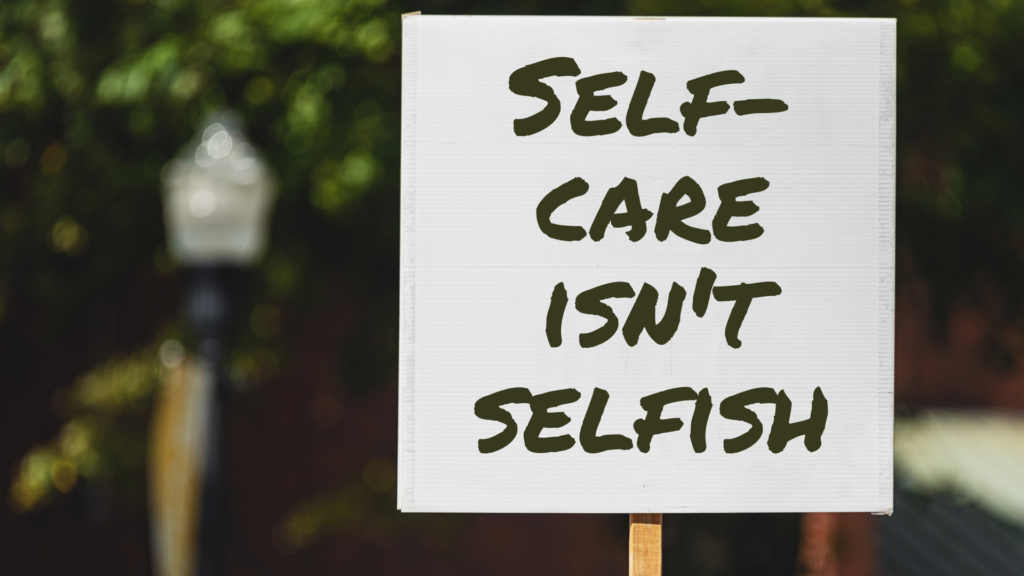
Self-Care for Activists & Volunteers
By Cassandra BrandtWhen we’re in the thick of the fight, advocating for others, raising our voices for the voiceless, it’s possible to nearly forget ourselves and the needs we still have. The needs we are seeking to provide others with are indeed dire, but we can’t help others unless we help ourselves.
Taking care of ourselves looks like getting adequate sleep and remembering to eat throughout a long, hard day. It looks like knowing when to stop and recharge, and when to say no.
Self-care is no self-indulgence, it is self-preservation.
Bridget Siljander has dedicated a lot of her life to activism.
“When I first became an activist, I signed up for everything I possibly could and felt a great sense of urgency, and did not realize how long change can take. I threw my whole self into it, heart and soul because I finally felt like I had an opportunity to have an impact and help reform systemic problems. It swallowed me up and took me away from many other priorities such as my daughter, friends and family, and also myself.”
Of course we are emotionally invested in what we’re advocating for. We are passionate about the change we seek to see. It’s only natural to experience personal stress, but that’s when we need to remember our needs are important, too. Activists and volunteers are taking on the world, and we can’t do that if we’re falling apart.
When we don’t take care of ourselves, we compromise our advocacy, too.
Burnout—a state of emotional and often physical exhaustion that resembles acute stress disorder—describes the experience of activists who invest too much of themselves.
Mentally and emotionally, burnout can include depression, disillusionment, and detachment.
Burnout can be very physical in nature; that’s why self-care like eating and sleeping is so important. It’s been linked to heart disease and type 2 diabetes. For some, burnout can lead to substance abuse.
At many turns during her time as an activist, Bridget tells me she’s become burned out and her mental health has suffered tremendously. Because many of us come into work with trauma, she points out that much of it plays out in our dynamics, and it can be toxic and re-traumatizing.
Seeing a therapist can also be really effective self-care.
We see our doctors for physical health; why not see a therapist to maintain mental health? Talking through our problems, both related to activism and not, can help us avoid getting burnt out from our advocacy endeavors.
Self-care also includes taking time for yourself outside of activism.
If activism is the activity you always opt for outside of work, you might consider taking some time just for you if you’re feeling burned out. Socializing with friends outside of advocacy ensures you’re not constantly spending all your mental energy on advocacy and politics. And regarding the activism you do get involved with, it’s good to set boundaries.
Bridget says she’s started really prioritizing boundaries and being selective about who she will work with and what is healthy for her and how she wants to show up for others in her life.
“Boundaries are important because, as I have heard it said before, it is how I love myself and you at the same time. I hope to continue being involved in activism and political/community work for a long time, and in order to do that, there has to be some kind of a balance, as cliché as that might sound, but it’s true.
I think we can be very good at loving others without loving ourselves, and it takes a toll. I think about my work in terms of sustainability, not just for activism and volunteerism, but also for myself because I’m also part of the community and deserving of my own energy and love. I am the first person I am accountable to, as I try to remind myself.”
Let’s take care of ourselves out there so we can take care of each other!
Cassandra Brandt is a single mom from rural Arizona. A former traveling tradeswoman, she now lives with quadriplegia and writes and advocates full time.
